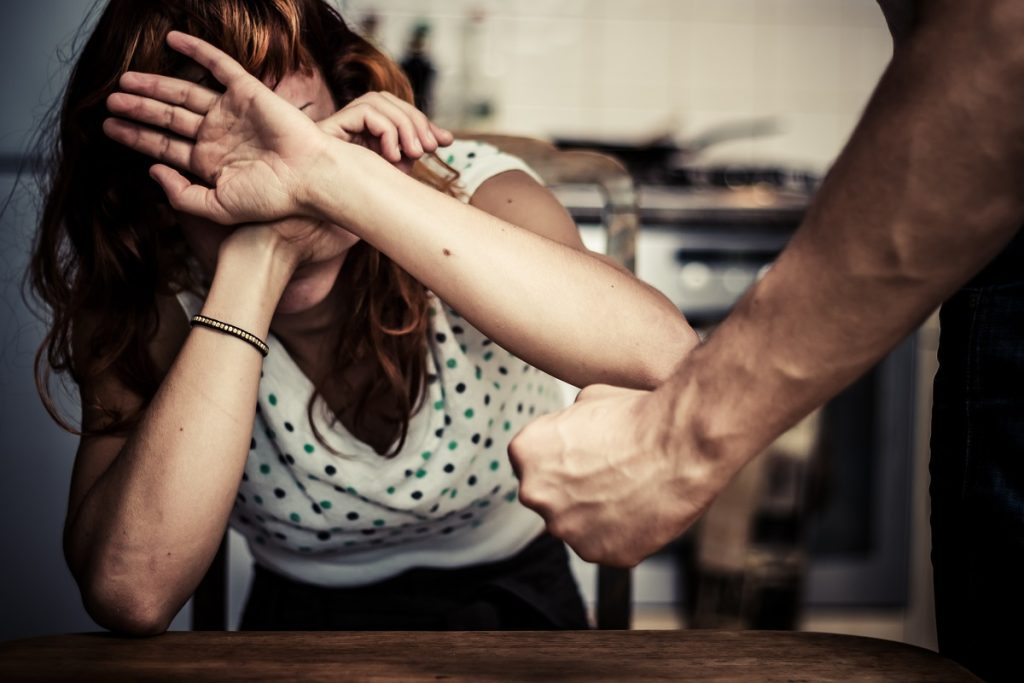- Recognize the signs of physical, emotional, and psychological abuse.
- Seek help from a professional such as a domestic violence hotline, a therapist, or a lawyer.
- Form a safety plan with emergency contacts, financial resources, and a safe place to stay.
- Document the abuse with photos and journals to use as evidence if needed.
- Know your rights as a victim of abuse and take action against the abuser.
Being in a relationship is beautiful, but it should never come at the cost of your well-being. Sadly, some relationships can turn abusive, and the victims often feel trapped and powerless. However, realizing there’s always a way out is crucial. This blog post will discuss what you should know when dealing with an abusive partner.
1. Recognize the Signs of Abuse:
The first step in dealing with an abusive partner is recognizing the signs of abuse. These can be physical, emotional, or psychological.
a. Physical abuse
Physical abuse includes hitting, pushing, or other forms of violence. Some physical signs of abuse may include bruises, cuts, or burns. Depending on the severity of the abuse, you may also experience broken bones or other serious injuries.
b. Emotional Abuse
Emotional abuse includes verbal abuse, humiliation, and criticism. When someone is emotionally abusive, they may try to control your behavior or isolate you from friends and family. They may also make threats of violence or other consequences if you don’t comply.
c. Psychological Abuse
Psychological abuse includes manipulation, coercion, and control. This type of abuse could involve mind games and gaslighting designed to make you doubt yourself. Some common signs of psychological abuse include paranoia and extreme insecurity. Other signs may include feeling scared or anxious when around your partner.
2. Seek Help from a Professional:

Dealing with an abusive partner can be overwhelming, and you may feel alone. However, it’s crucial to remember that you’re not alone. Numerous organizations and professionals can help you leave an abusive relationship safely. Contact a domestic violence hotline or speak with a therapist.
You should also consider contacting a lawyer. You want to work with a family law firm specializing in domestic violence and divorce. They can help you protect your children and yourself legally if needed. Some states offer free legal services to victims of abuse. You can contact your local courthouse or legal aid office to determine if you qualify.
3. Form a Safety Plan:
Leaving an abusive relationship can be dangerous, and it requires careful planning. Take the time to create a safety plan with the help of a professional. This plan should include the following:
a. Emergency contacts
You should create a list of people you can call in an emergency. This list could include family, friends, and your local domestic violence hotline. Some shelters and counseling centers may also offer 24-hour hotline numbers.
b. Financial resources

Having access to financial resources can help you leave an abusive relationship. Create an emergency budget and determine where to access funds if needed. You may also be eligible for government assistance or resources from a local nonprofit. This can help you cover expenses related to the separation, such as housing, child care, and medical bills.
c. A safe place to stay
Ensure you have access to a secure location where you can go if needed. This could be a friend or family member’s home, a shelter, or a safe location. Try to have at least two emergency contacts in case one isn’t available.
4. Document the Abuse:
If you’re considering leaving an abusive relationship, it’s crucial to document the abuse you’ve experienced. Take photos of any injuries, keep a journal of abusive incidents, and save any threatening messages or letters. This documentation can be used as evidence in court, strengthening your case if you decide to press charges. Make sure to store the proof somewhere secure and away from your abuser.
You should also know that some evidence isn’t admissible in court. Anything obtained illegally or illegally recorded cannot be used as evidence. If you’re unsure about anything, consult a lawyer.
5. Know Your Rights:
Finally, knowing your rights as a victim of abuse is essential. You can seek legal protection, get a restraining order, and file criminal charges against your abuser. Many people are unaware of the legal resources available, so they don’t seek help. Knowing your rights and understanding the legal process can give you the power to take action against your abuser. You can also talk to a lawyer or find resources online for further information.
Dealing with an abusive partner is never easy, but it’s crucial to remember that you’re not alone. Seek help, create a safety plan, document the abuse, and know your rights. With the right support system, you can end the cycle of abuse and find the freedom and security you deserve. Always remember that your safety and well-being come first. No matter what, know that you’re not alone in this journey.

